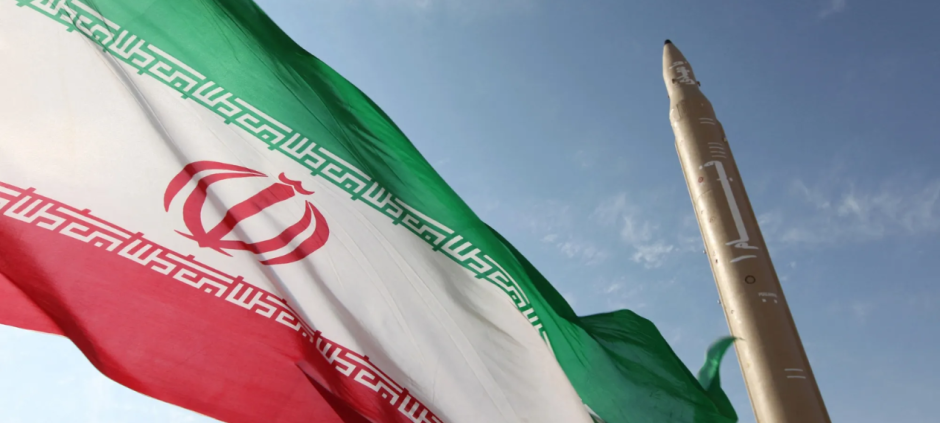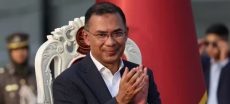Iran declared on Friday that it would not engage in discussions over its nuclear program while under continued Israeli attack, rejecting diplomatic overtures from European powers seeking to ease escalating regional tensions. The announcement comes amid intense Israeli airstrikes and Iranian retaliation, with Washington expected to decide within two weeks whether to intervene militarily.
Israel launched strikes on Iran last Friday, claiming it seeks to prevent the Islamic Republic from acquiring nuclear weapons. Iran has maintained that its nuclear program is peaceful and retaliated with missile and drone attacks targeting Israeli territory. So far, over 639 people have reportedly been killed in Iran, including high-ranking military officials and nuclear scientists, according to the Human Rights Activists News Agency. Israel has confirmed civilian casualties on its side, though figures remain unverified.
Also Read: Netanyahu: Israel Not Seeking Regime Change in Iran
As strikes continue to hit military and civilian targets alike, Israeli Prime Minister Benjamin Netanyahu denied a formal regime change goal but suggested that “the downfall of the regime” could result from the conflict. Iran, for its part, has struck back at military installations but also acknowledged damage to civilian areas, including a hospital. Israeli officials have accused Tehran of using cluster munitions to target civilians—claims Iran has not responded to.
Efforts to de-escalate are underway, with the foreign ministers of Britain, France, Germany, and the EU’s top diplomat scheduled to meet Iran’s Foreign Minister Abbas Araqchi in Geneva. UK Foreign Minister David Lammy urged immediate restraint, warning that continued violence risks dragging the entire Middle East into a deeper crisis.
Despite the push for diplomacy, Araqchi reaffirmed on Iranian state television that Tehran will not return to nuclear negotiations while Israeli airstrikes continue. Meanwhile, the U.S. role remains undecided, with President Donald Trump set to meet with his national security team. His special envoy has reportedly held several backchannel discussions with Iran, as international pressure builds to find a diplomatic off-ramp.











